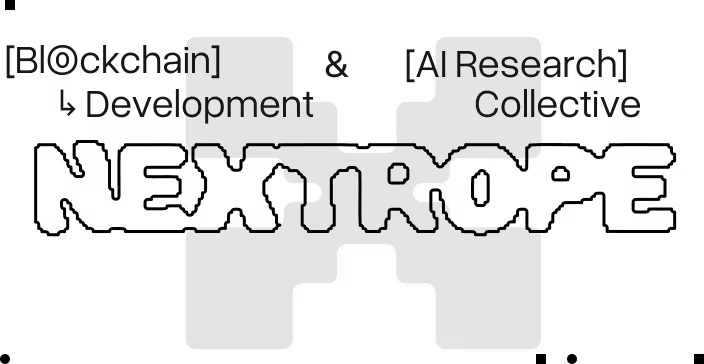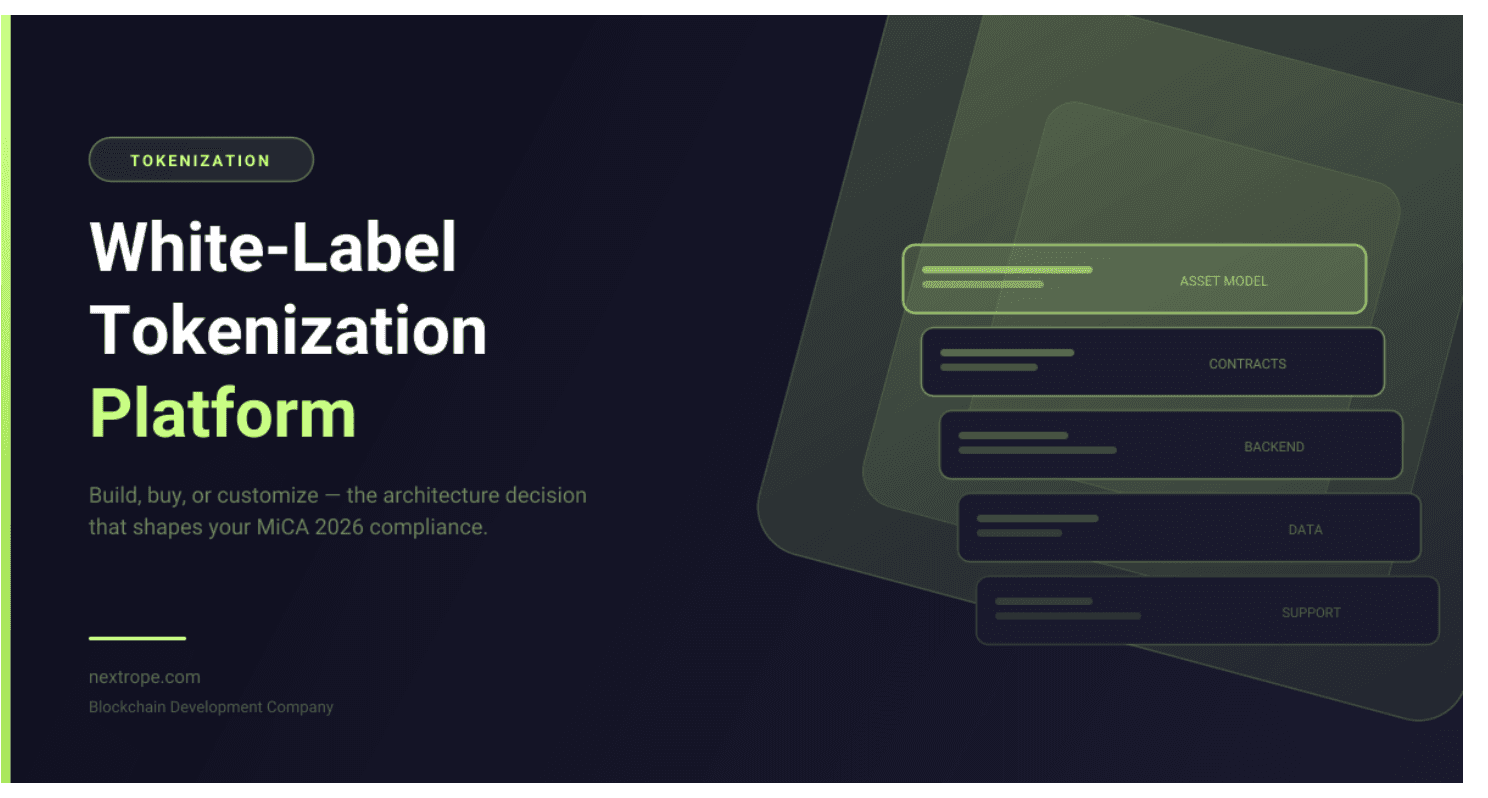Tokenization Platforms
+Issuance and lifecycle logic for digital and real-world assets built end-to-end. Smart contracts plus backend services and integrations designed for production operations.
Stablecoin Payments & Settlement
+Stablecoin transfers and settlement flows with traceable operations and reporting. Built to connect on-chain movement with off-chain finance processes.
DeFi Lending & Yield Infrastructure
+Lending, yield, and collateral mechanics implemented with production monitoring in mind. We ship the full stack: contracts, backend services, indexing, and operational workflows.
XRPL / Ripple Development
+XRPL payments and asset flows integrated with external systems. Designed for throughput, cost efficiency, and long-term maintainability.
Backend, Indexing & Applied Automation
+The operational layer behind digital asset products. We build APIs, indexers, and data pipelines so systems stay consistent across on-chain and off-chain records, and workflows can be automated safely.
On-chain Production Support
+Launch is only the start. We keep on-chain systems reliable under real operational load. Incident response, monitoring, upgrades, and runbooks designed to protect funds, data integrity, and business continuity.















